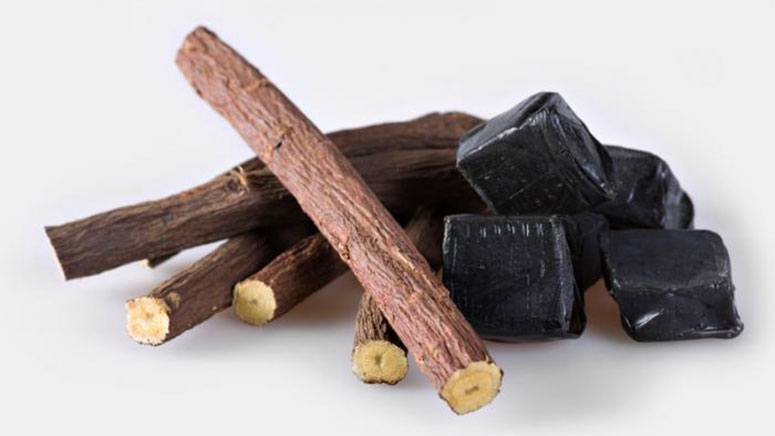Overview

Licorice is a plant that has a lot of other names, including Alcacuz, Mulathi, Orozuz, Phytoestrogen, Bois Doux, Bois Sucré, Gan Zao, Glabra, Glycyrrhiza, Glycyrrhizic Acid, and many other names.
It is a popular culinary item and flavoring agent. Licorice as a food product is unlikely to have any health benefits or side effects. When applied topically, licorice can have both intended and unintended effects on the body.
In complementary medicine, licorice has been utilized in some preparations along with other plants or extracts to potentially alleviate heartburn. When used topically, licorice may also be useful in reducing eczema [1] symptoms such as redness, swelling, and itching.
It has also been recommended as treatment for psoriasis, canker sores, irritable bowel syndrome [2], high cholesterol, muscle cramps, cancer pain, arthritis, bleeding, stomach ulcers, and several other ailments based on research.
The effectiveness of licorice in treating any medical problem is unknown. The FDA has not cleared this product for medicinal use. You should not use licorice in place of any medication that your doctor has prescribed for you.
Licorice is often sold as a herbal supplement. Many herbal compounds lack controlled production standards, and it has been discovered that some supplements that are sold include harmful metals or other medications. It is best to get herbal/health supplements from a reputable supplier to reduce the possibility of contamination.
Licorice has many uses and not all is covered in this article.













